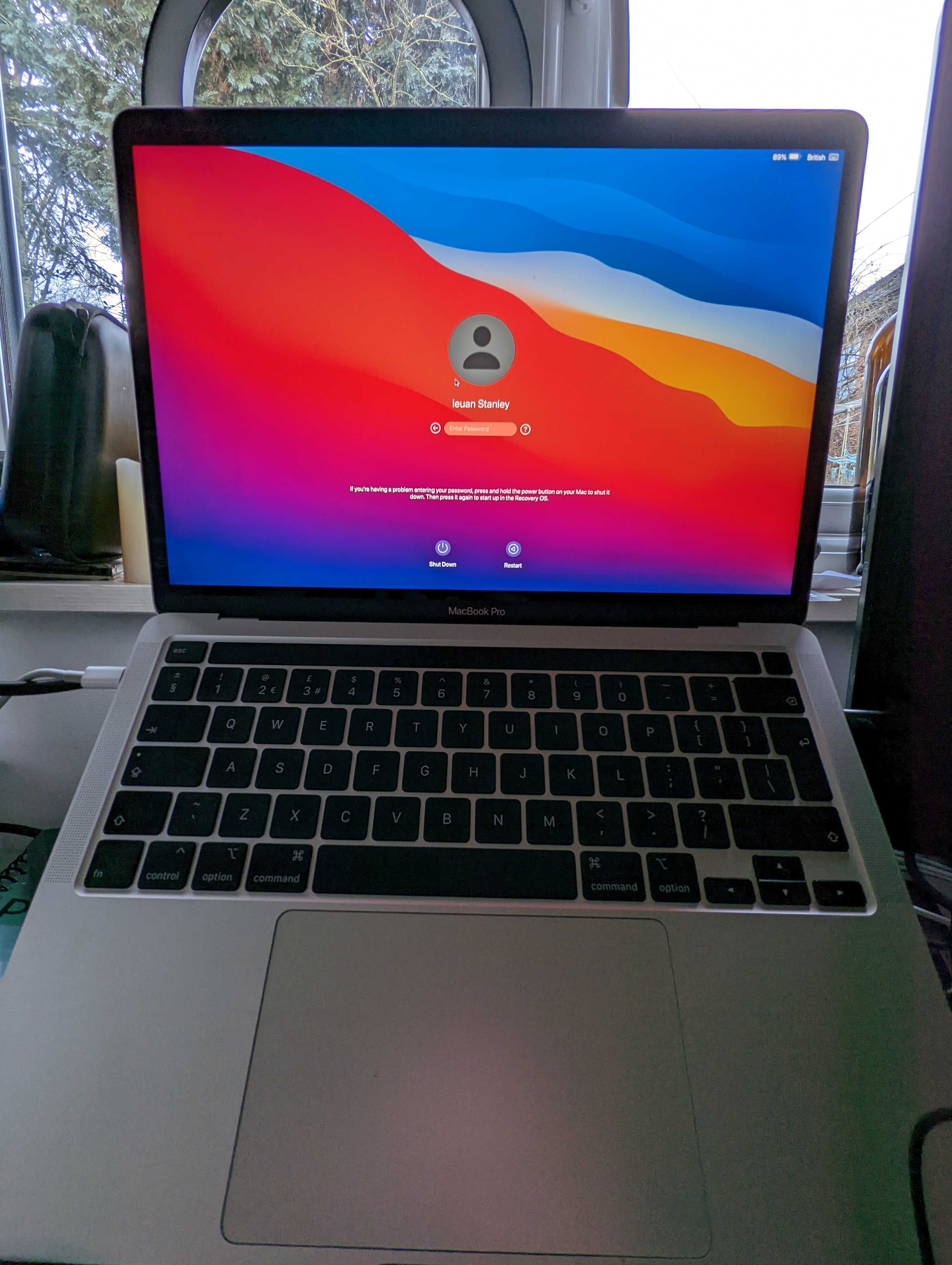Switching Off
This morning I forgot my password. I’m surprisingly happy about this, as it signifies an important step for me.
For a long time, I struggled with the mental separation of work and personal life, particularly when I started working more from home. What began as a manageable amount of thinking outside work hours became work messages and email on my phone, which became answering messages while I was on leave - before I knew it I was never really switched off from work. In hindsight, the fact that I never had that “What was I doing again?” moment on returning to work was a big warning sign I ignored.
Needless to say, my mental health started suffering massively, my productivity went through the floor, and I was living constantly at high levels of stress. It took a serious burnout and a month off work for me to recognise the problem and find a better balance.
These days I still have work stuff on my phone, but notifications are off permanently - it’s there for if I need some flexibility during the work day, so that I’m not bound to the desk. That feeling of disorientation when returning to work is a positive reminder that I’ve managed to properly switch off; a positive feeling to drag me through the turgid process of figuring out which of these emails I need to do something with!
There are people out there who don’t need to switch off from work - maybe they don’t have any other responsibilities, or they have full creative control and minimal work stress - but most of us need time off. It’s important for you and your health, but also for your work; a wise philosopher1 once sang “People make bad choices when they’re mad or scared or stressed”. The longer you go without switching off from work, the more your baseline stress level will build. If you’re working under any significant pressure, it won’t be long before your decision making suffers.
Now, if only I can remember what my password was…

Ok so it wasn’t a philosopher, but Disney films are a remarkably solid source of good advice. ↩︎